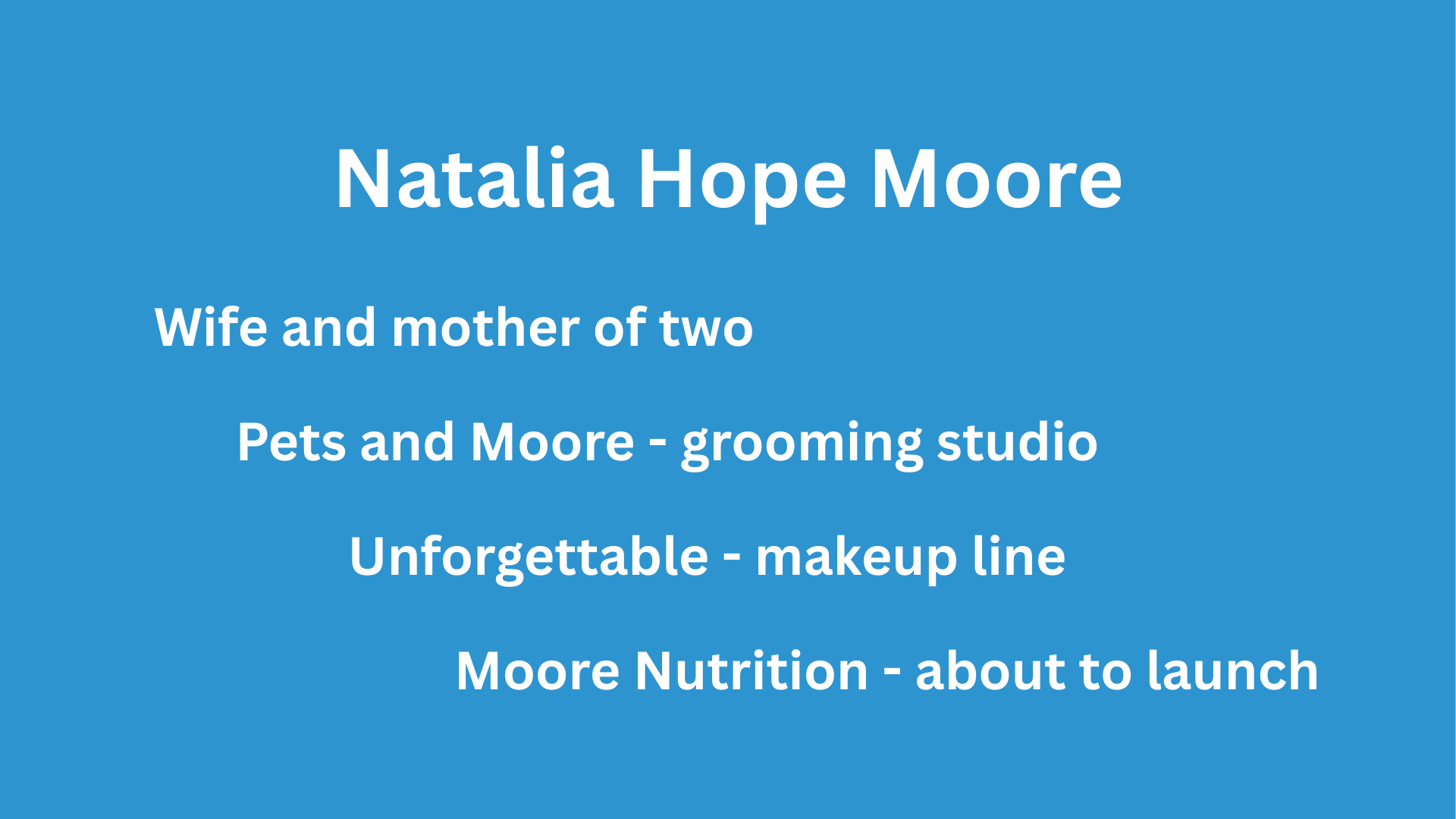
Understanding the FDA's New Vaccine Approach for Older Adults
In a significant shift towards prioritizing the health of older adults, the FDA recently announced its decision to align its COVID-19 vaccine approval process with the needs of those aged 65 and older, as well as high-risk populations. This proactive move reflects an evolving understanding of the vaccine's efficacy against the backdrop of mounting evidence surrounding antibody responses in these age groups.
Why Focus on Older and High-Risk Populations?
FDA Commissioner Martin Makary, and the new chief of the agency’s Center for Biologics Evaluation and Research, Vinay Prasad, emphasized in a recent publication that data suggests those over 65 and young individuals with chronic health conditions are at a disproportionate risk for severe COVID-19 outcomes. These groups stand to gain drastically from enhanced vaccine strategies that will now be tailored to their specific health landscapes.
Unlike previous broad recommendations urging all those over six months to get vaccines, this revised focus could offer a clearer picture of who truly needs these vaccines to prevent severe illness and complications. By concentrating on a demographic that represents about a third of the U.S. populace, the FDA aims to create a targeted vaccination strategy that reflects actual health needs.
Success Stories from International Guidelines
This new regulatory landscape aligns America more closely with countries like Canada, Australia, and many European nations, setting a precedence that acknowledges the evolution of the virus and the substantial experience gained over the past few years. Critics may question if our vaccine policies have kept pace, but the FDA's decision signals a shift towards a more nuanced approach to vaccination that resonates with those our health systems are often most eager to protect.
What’s Next for Booster Recommendations?
As the FDA's Advisory Committee gears up to examine which strains should be in this year's booster, there remains considerable uncertainty surrounding the necessity of multiple boosters. During a recent “town hall” meeting, Prasad articulated the confusion many Americans feel about how often they should receive these shots. Unlike before, the latest evidence suggests a more strategic approach is required—one which makes clear distinctions based on health status and individual risk factors.
For many, including those marginalized by health systems in the past, navigating booster recommendations can feel challenging. This new FDA stance provides a critical step towards empowering individuals with information on how to best protect themselves.
Anticipating Changes in FDA Requirements
The FDA's commitment to requiring rigorous randomized controlled trials signals an important development for the future of vaccine approval. Manufacturers will be more accountable for demonstrating efficacy, particularly among those aged 50-64 who are not currently covered under the new approval priorities.
This pivot could enhance public trust in these vaccines, particularly among those who have grown cautious or skeptical following the pandemic's tumultuous timeline. As we explore how this affects vaccine availability and development, the emphasis on collecting robust data could lead to more transparent and reliable health advisories in the future.
Embracing Health and Wellness in a New Era
As we adapt to these changes, it's vital for suburban professionals aged 25-50 to engage with this evolving narrative around health and wellness. Understanding the shifting landscape of vaccine recommendations can empower you to advocate not only for your health but for that of your family and community. An informed population is better equipped to navigate health crises while actively participating in decisions that affect their long-term wellness.
As a collective, encouraging your loved ones to stay updated, consult healthcare professionals proactively, and consider the implications of this new FDA strategy can instill confidence in one's health journey.
It’s an exciting time for health and wellness, prioritized now more than ever. Embrace these changes, stay informed, and cultivate a community of supportive wellness.
To learn more about the FDA's full implications on vaccines and how they impact your community, stay tuned for upcoming discussions as the Advisory Committee meets next month.
 Add Row
Add Row  Add
Add 




Write A Comment